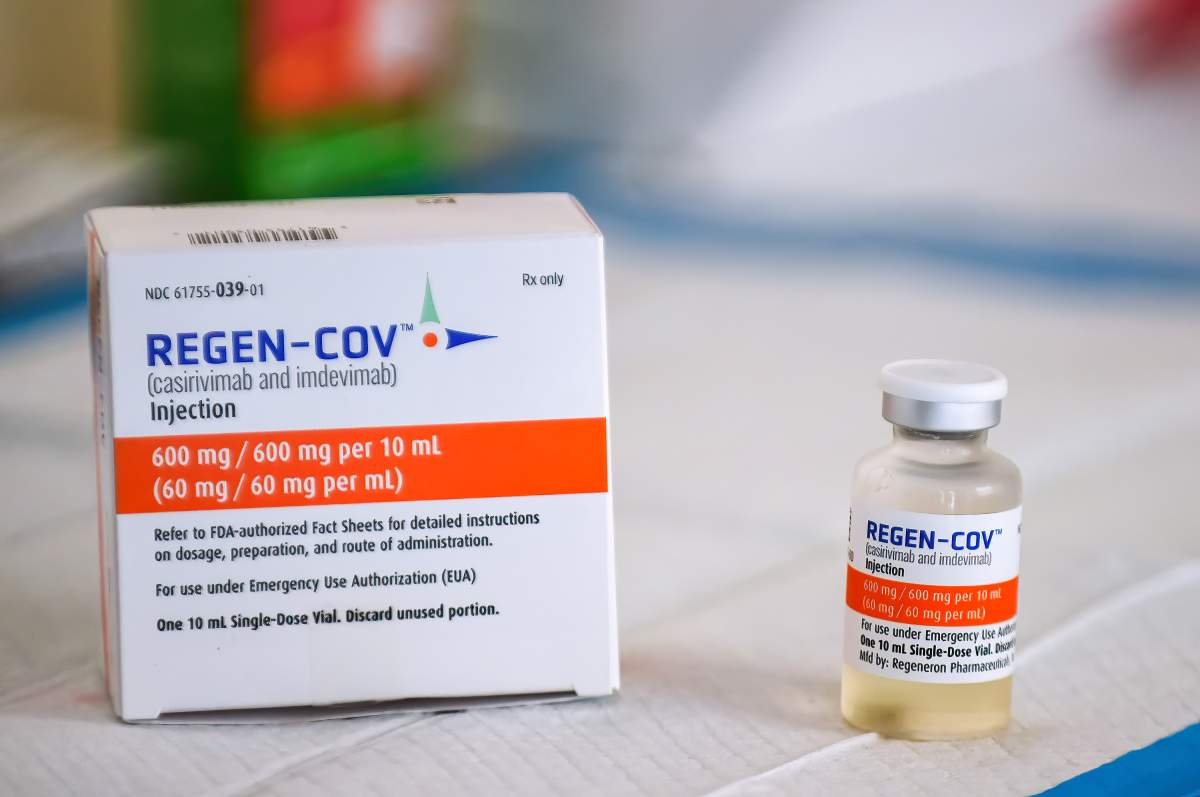Saskatchewan health officials say monoclonal antibodies will be available starting Oct. 25 to treat some COVID-19 patients, to prevent unvaccinated or severely immunosuppressed people from being hospitalized.

Starting Nov. 1, people who test positive for COVID-19 can self-assess their eligibility for monoclonal antibodies online.
Eligible candidates will need to book a further assessment with a clinician but cannot self-refer.
In a release, the SHA explained that monoclonal antibodies will now be used as a one-time intravenous treatment in the early infection of mild to moderate COVID-19.

Get weekly health news
The treatment uses laboratory-made antibodies and is intended to give those with no prior antibodies or weakened immune systems an initial immune response.
Criteria for a clinician to prescribe monoclonal antibodies include:
- COVID-19 patients who have not been vaccinated, and certain immunocompromised or immunosuppressed COVID-19 patients regardless of vaccination status.
- Patients who are still within five days of becoming symptomatic.
- Patients who are 55 years or older, or 18 years and older with specific high-risk co-morbidity.
These treatments will be available from Saskatoon and Regina only through existing SHA testing and treatment sites. Eligible patients will initially be identified through the province’s case investigation process.
The SHA maintains that the best way to prevent COVID-19 is still to be fully vaccinated. All patients receiving monoclonal antibodies will be eligible for vaccination 90 days following treatment.









Comments
Want to discuss? Please read our Commenting Policy first.